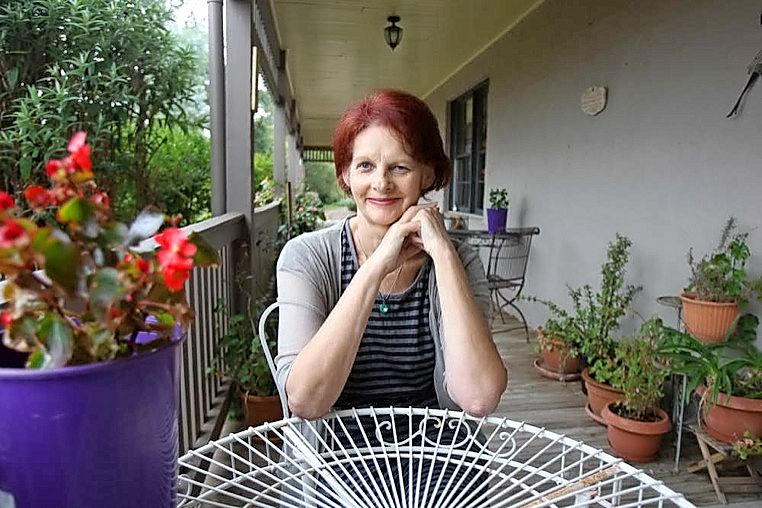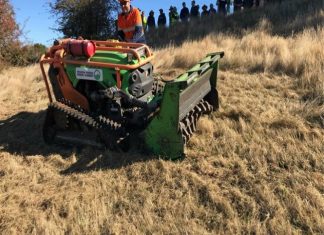A Gisborne woman who has spent 12 years battling mesothelioma is urging the federal government to add a revolutionary, but costly, medication to the pharmaceutical benefits scheme.
Despite her ill health, Louise Williams has spent many years fighting on behalf of others diagnosed with lung cancer caused by exposure to asbestos.
Mrs Williams said that before starting a new medication, Keytruda, in April this year, she couldn’t get out of bed.
‘‘I was dying,’’ she said. ‘‘I needed oxygen 24/7, I had severe back pain, bone pain, nausea … my body was shutting down.’’
In 1985, her father, who worked in the building industry, was diagnosed with pleural mesothelioma. He died six months later aged 54.
In 2003, Mrs Williams, then 47, was diagnosed with peritoneal mesothelioma. In 2009, it became pleural mesothelioma. She has had large tumours removed, and she underwent many courses of chemotherapy before starting on Keytruda.
Mrs Williams said her life had been transformed after 12 doses of the drug, which encourages the body’s immune system to fight tumours.
‘‘It doesn’t kick in immediately, but after the third dose my scan showed significantly reduced tumours and fluid,’’ she said.
‘‘After numbers four and five, I started to ease up the oxygen and was walking better and doing basic household things.
‘‘Between five and six I thought, well, what’s wrong with me?
‘‘My quality of life is back. I’m able to do everything I used to be able to do.’’
But Keytruda, which is listed on the PBS for melanoma but not for asbestos cancers, doesn’t come cheap.
Depending on body weight, a single dose can cost between $6000 and $11,000, and it must be administered every three weeks.
‘‘At the moment it’s usually prescribed at the end of life because it’s so expensive,’’ Mrs Williams said. ‘‘I believe once it’s on the PBS, oncologists will be able to try it earlier.’’
Keytruda is getting results with more than 20 different cancer varieties around the world.
‘‘With mesothelioma it’s showing a success rate of 60 to 70 per cent,’’ Mrs Williams said. “Chemotherapy is about 20 per cent. Everyone should have this option.’’
The efforts of Mrs Williams, who has spoken at several international conferences, were recently praised in Federal Parliament by McEwen MP Rob Mitchell.
‘‘I do not think I have met a person with such great inner strength and courage,’’ he said.
‘‘We will keep fighting to help her and hopefully other victims get the support and medication they need to help them lead full lives.’’
Mrs Williams, who hopes to present a 6000-signature petition to Health Minister Sussan Ley soon, said she believed victory was near.
‘‘We will get it done,’’ she said. ‘‘I know we will.’’
A spokesman for Ms Ley did not respond before deadline.







